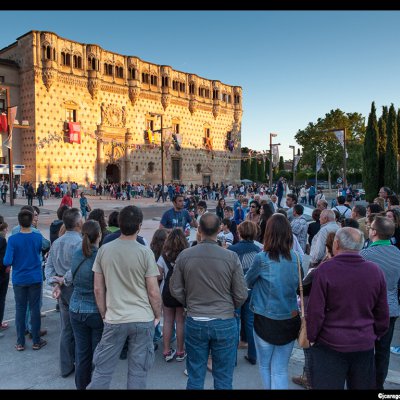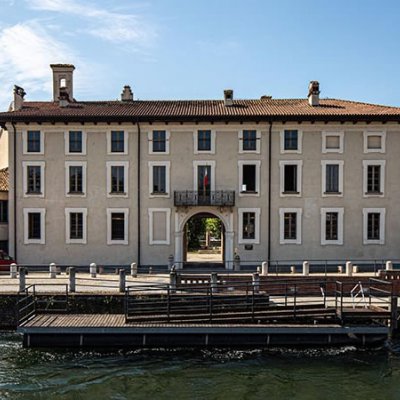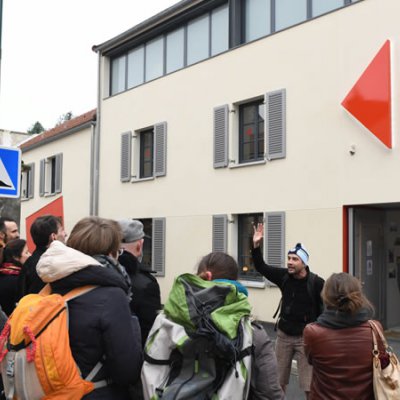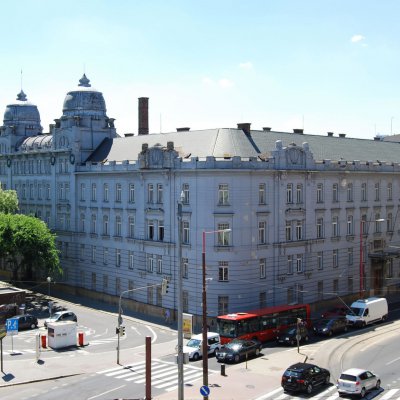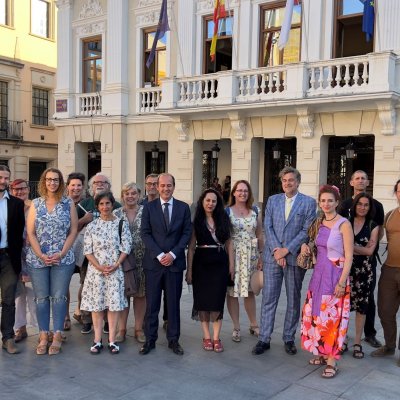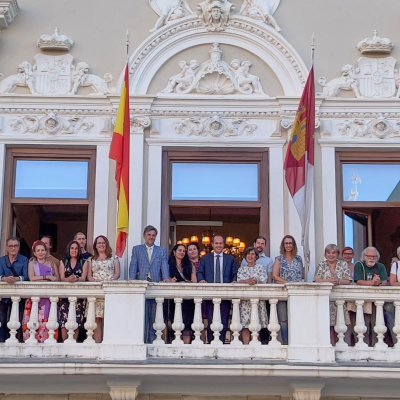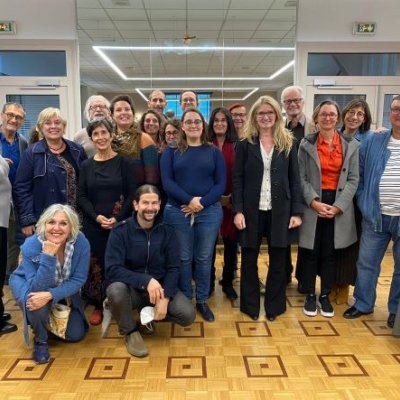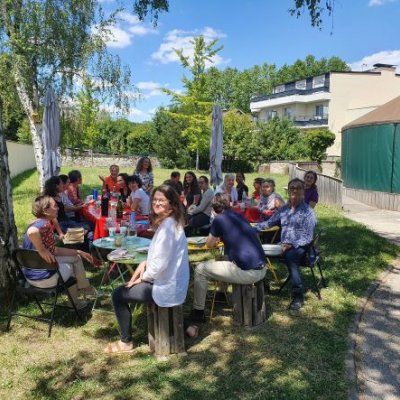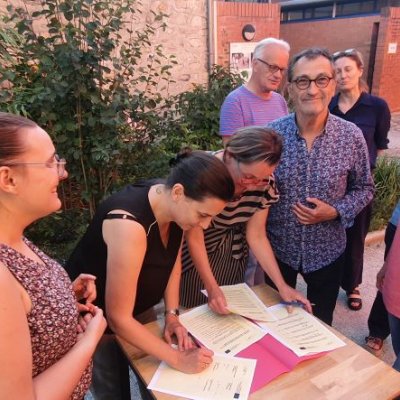‘European Network of Storytelling Sites and Towns’ (ENSST) aims to bring together all those places in Europe that have a strong relationship with storytelling and storytelling.
By connecting all those places from different countries, this network provides them all a perfect basis for them to create bonds and exchanges with each other, thereby also bringing citizens together through their oral heritage.
The final aim of the network ENSST is to strengthen Europe’s oral heritage
UNESCO states that “intangible material provides communities with a sense of identity and continuity, thus promoting human creativity and social well-being, contributes to the management of the natural and social environment and generates economic income".
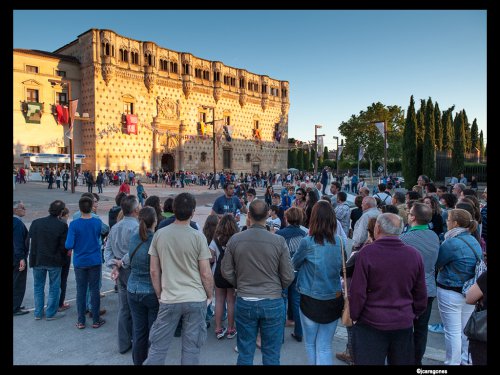 |
| Guadalajara, city of stories |
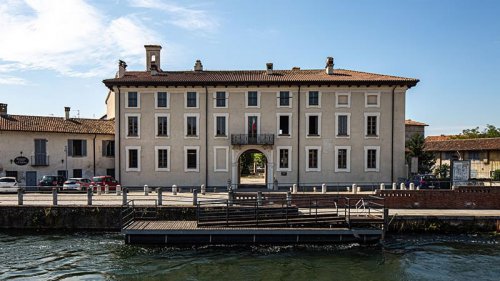 |
| Fondazione per leggere campus |
Why oral narration as a union nexus?
The ENSST network proposes to disseminate these benefits to all the countries that make up the European Union. Born from our condition of Homo narrans, oral stories join people and communities of different cultures, religions, worldviews and languages, so all of these bring us in what we have in common as human species and serve us to verify that we are equal and have shared expectations.
Narrating, preserving and disseminating contribute to strengthen ties between countries, reinforcing, in the case of Europe, the sense of belonging to a common structure.
Additionally, in so far as traditional stories do not exist in a vacuum, but are always embedded in a specific historical, social and cultural context, by identifying, coordinating and promoting the " Storytelling towns ", the study of European history in all its diversity and complexity is fostered. We strongly believe it is crucial to do this at a time when the importance of such researches is being challenged by a functional (and often totalitarian) way of thinking.
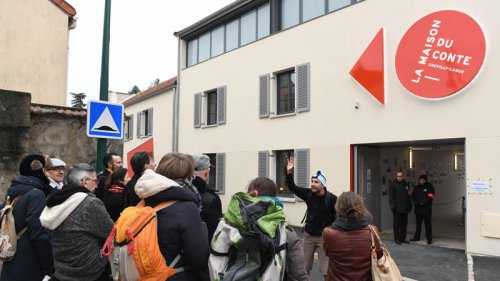 |
| La Maison du Conte campus |
What are the objectives of the network?
The ENSST network has the following objectives:
- Fostering a sense of belonging to a common political structure among EU countries through knowledge of their intangible oral heritage.
- Contributing to Europe's cultural and linguistic diversity through the safeguarding, study, spreading and exchange of an intangible oral heritage transmitted from generation to generation, including that from citizens who have come to Europe from all over the world.
- Promoting the research common features on oral storytelling traditions in EU countries, as well as the particularities of each country, thus opening up an intercultural dialogue leading to respect for other ways of life and other cultures.
- Interconnecting European sites and cities that are involved in one way or another way to oral storytelling, providing them the possibility to develop economically through this branch of culture.
- Promoting cultural and creative sectors as key drivers for boosting quality tourism and the regional, local and urban development across Europe, while maintaining the European competitiveness.
- Encouraging participation in specific European programmes.
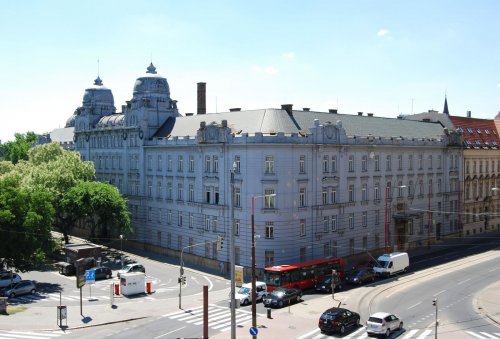 |
| Bratislava University |

